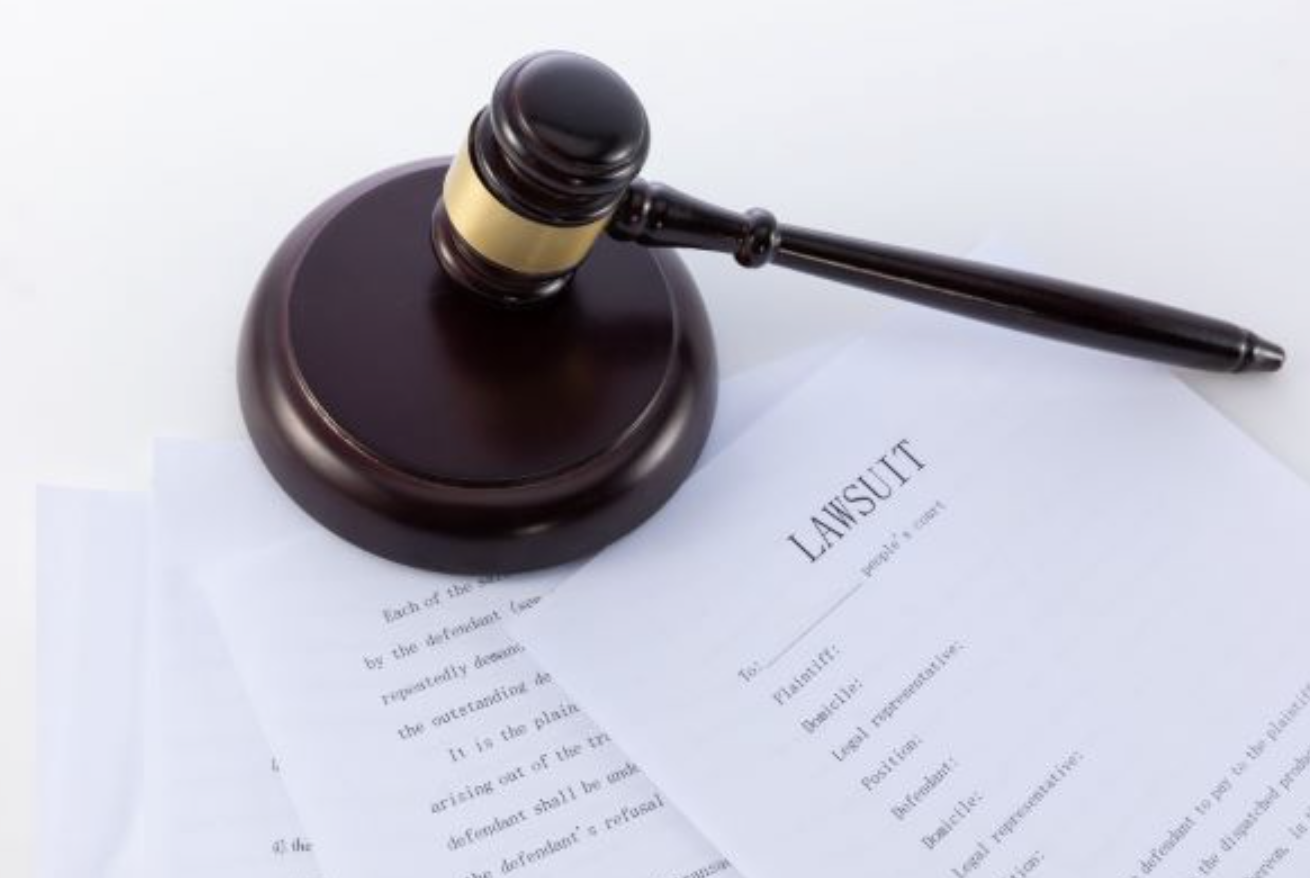Once you’ve selected a lawyer to represent you in your personal injury case, the process of initiating legal proceedings begins.
It can be intimidating to navigate the legal system following a major injury. It’s essential to know your options and rights if you want to get the help and money you’re due. From assessing the severity of your injury to consulting with legal professionals, each step plays a vital role in the process. By educating yourself on how to obtain legal support, you empower yourself to make informed decisions and take action towards achieving justice.
Assessing Your Situation
Evaluate the extent and seriousness of your injury by considering its impact on your daily life and activities. Review the circumstances surrounding the incident that caused your injury to understand who may be at fault. Determine if your injury resulted from another party’s negligence or wrongful actions. Get medical help as soon as possible to determine the extent of your damage and to begin any required treatment. Keep records of medical reports, bills, and any documentation related to your injury. Think about how your injury has impacted your capacity to work, generate revenue, or enjoy leisure activities. Take note of any emotional or psychological effects stemming from the injury, as these can also be important factors in seeking legal support.
Researching Legal Options
Explore various avenues for legal support available to individuals who have suffered personal injuries. Investigate several legal practitioners, such as personal injury attorneys, who focus on instances similar to yours. Take time to research reputable law firms or attorneys with proven experience in representing clients with similar injuries. Take into account elements including the attorney’s experience, portfolio, and areas of expertise. To learn more about possible legal counsel, look through online resources including review websites and legal directories. Consult dependable family members, friends, or medical experts who may have handled personal injury cases for recommendations.
Consulting with Legal Professionals
When navigating a personal injury case, it’s essential to seek guidance from experienced legal professionals. If you live in Texas, consider scheduling consultations with an Austin personal injury lawyer to gain insights into your situation and explore potential legal avenues. Bringing along relevant documents such as medical records and incident reports can help provide context for fruitful discussions. Take advantage of this chance to ask questions about the legal procedure, potential results, and cost arrangements. Pay attention to the lawyer’s communication style and expertise to ensure compatibility with your needs.
Understanding Legal Fees and Arrangements
It’s critical to comprehend all financial implications associated with your personal injury lawsuit before moving forward with legal representation. Take the time to learn about different fee structures that lawyers may use, such as contingency fees or hourly rates. A portion of the money you get if you win the case goes toward paying your lawyer’s contingency fees. Hourly charges, on the other hand, cover the cost of the attorney’s time spent on your case. Discuss fee arrangements with your chosen attorney to ensure transparency and clarity regarding payment expectations. Think about enquiring about potential additional costs that could occur during the legal process, such as court fees or expert witness fees. You can plan your budget and choose your attorney wisely if you are aware of the costs and terms of the legal representation up front.
Starting a Legal Action

Once you’ve selected a lawyer to represent you in your personal injury case, the process of initiating legal proceedings begins. Your lawyer will guide you through the necessary steps, which typically involve filing a legal claim or lawsuit against the party responsible for your injury. Cooperation between you and your legal team is essential during this stage, as you may need to provide additional information or evidence to support your case. Keep yourself updated on your case’s status and pay close attention to the advice that your lawyer gives you. Be ready for any possible settlement talks with the other party or their insurance provider.
Negotiating Settlements or Going to Trial
Your attorney will negotiate a settlement with the other party or their insurance company as your personal injury case moves forward. During this process, both parties will discuss potential terms and compensation amounts to resolve the case outside of court. Be ready to go to trial if negotiations fail to produce a just resolution. Going to trial involves presenting your case before a judge and possibly a jury, who will ultimately decide the outcome.
Conclusion
Through situational analysis, legal literature research, and expert consultation, you may confidently negotiate the intricacies of the legal system. Understanding legal fees and arrangements, initiating legal proceedings, and potentially negotiating settlements or going to trial are all part of the process.


Join the conversation!